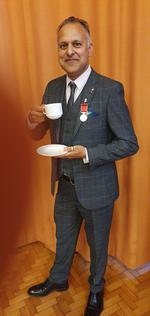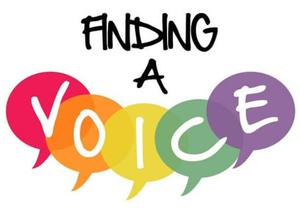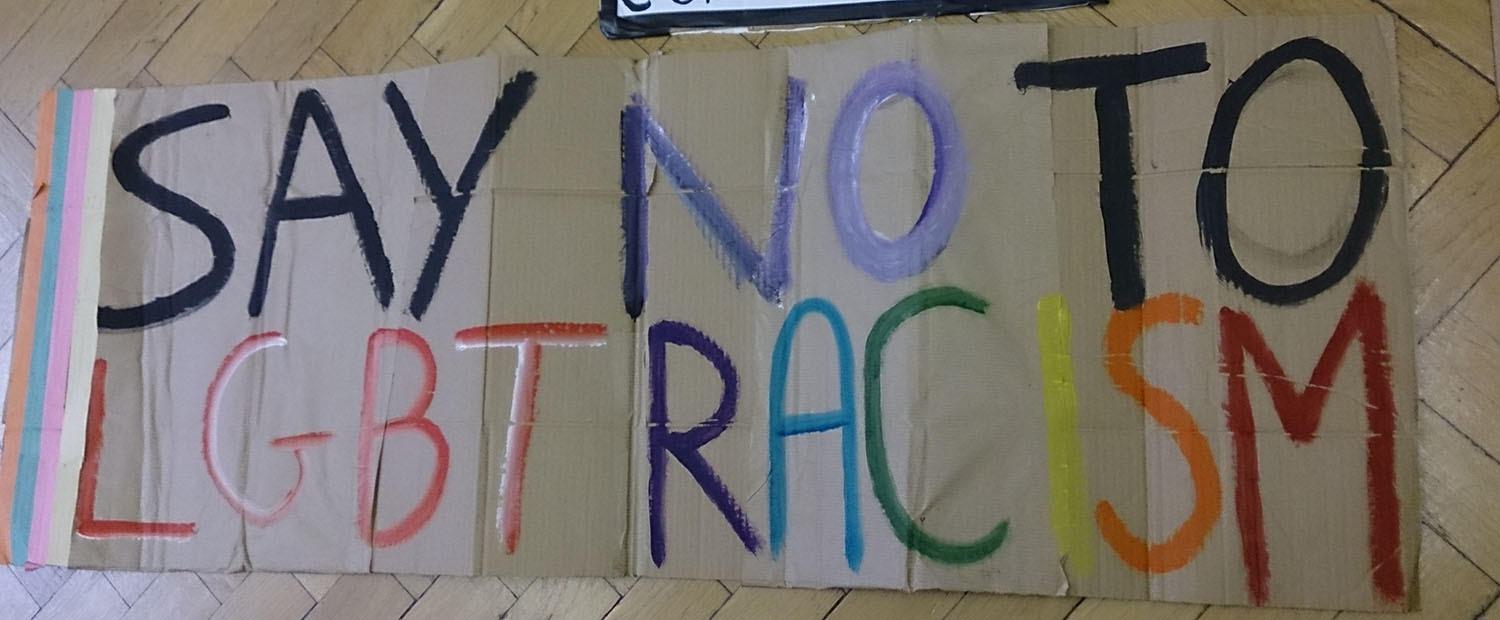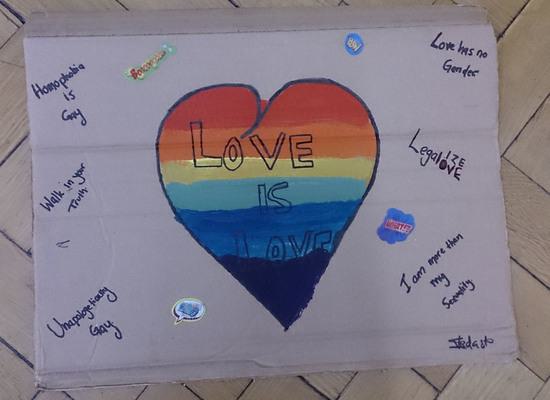What is Pride? Pride and Birmingham's LGBTQ+ Community
ResourcesThis is a KS2 lesson on Birmingham’s local LGBTQ+ history which draws on objects from Birmingham Museum Trust’s collections. This lesson will teach students about the history of Birmingham Pride and the key figures and groups who have been involved in it. Students will also make their own pride banners.
KS2 Curriculum Links
Relationships and Sex Education
- Respectful relationships
History
- Local history study
- A study of an aspect or theme in British history that extends pupils’ chronological knowledge beyond 1066
Sources and background notes for teachers
See the Birmingham LGBTQ+ timeline for more information on the history of Birmingham’s LGBTQ+ community.
The History of Birmingham Pride
Pride events happen every year all around the world. They are an opportunity for LGBTQ+ people to celebrate who they are and show their support for the whole LGBTQ+ community, regardless of sexuality, gender, race, faith, or disability. Pride marches are joyful and colourful events. People dress up in vibrant costumes, play music and dance, and many people carry the LGBTQ+ rainbow flag.
The first pride march took place in New York in 1970. The march was held to mark the anniversary of the Stonewall riots, which broke out when LGBT people fought back against cruel and unfair treatment by the police.
In Birmingham, a group called the Gay Liberation Front was set up in 1972 to campaign for LGBT rights. They organised Gay Pride Weekends, during which they gave out leaflets, balloons and oranges to shoppers and raised awareness about the LGBT community. Birmingham’s first official Gay Pride Festival took place in 1997, and involved a street carnival, market and live music.
Birmingham Pride takes place every year and continues to be an opportunity for the LGBTQ+ community to come together and show they are proud of who they are.
Pride Hero: Khakan Qureshi
Khakan Qureshi was born in Birmingham to Pakistani parents. He was the youngest of seven siblings. Khakan found it difficult growing up as an LGBTQ Muslim. Being LGBTQ+ was not accepted within his religious community, which meant that he couldn’t talk about his sexuality with his family or friends. Muslims were also not represented within the wider LGBTQ+ community, which meant there were no role models for Khakan to look up to.
Things changed for Khakan when he went to university. While he was there, he met LGBTQ+ people who were confident in themselves and openly spoke about their identity and experiences. This experience led Khakan to begin to accept his identity as a gay Muslim, although he still experienced a lot of doubt and uncertainty.
When he was 22, Khakan met his current partner and decided to come out as gay to his family. His family were not accepting at first, and he faced some homophobia. Although he later reconciled with his parents, this was a difficult time for Khakan as he had to step away from his family for some time.
Khakan’s experiences led him to campaign and raise awareness about the experiences of LGBTQ+ South Asians. In 2014 he set up ‘Finding A Voice’. This is a group for LGBTQ+ South Asians which provides a safe space for them to meet and share their experiences of balancing their faith and culture with their LGBTQ+ identity. Through ‘Finding A Voice’, Khakan also wants to draw attention to the discrimination faced by LGBTQ+ South Asians, who often face racism and Islamophobia as well as homophobia. In 2020, he was presented with the British Empire Medal in recognition of his pioneering work for the LGBTQ+ community.


Each year, Finding A Voice join the Birmingham Pride march. In 2019, Khakan Qureshi led the parade alongside other prominent LGBTQ+ campaigners.
Starter Activity
Ask your class what the word ‘pride’ makes them think of and mindmap their ideas on the board.
Give your students a blank sheet of paper and ask them to draw a picture of themselves in the middle. Ask them to answer the following questions around their pictures:
- What things have you achieved that make you feel proud?
- Describe what makes you special and unique
- Think of a friend. Write down some reasons why you are proud of them.
Share the history of Pride with your class. Ask them what they think Pride means to the LGBTQ+ community.
Main Activity
Share Khakan Qureshi’s story with your class and ask them the following questions:
- Why did Khakan find it difficult growing up as a gay Muslim?
- Why do you think meeting other LGBTQ+ people helped Khakan accept himself?
- Why do you think Khakan decided to call his group for LGBTQ+ South Asians ‘Finding A Voice’?
- Why do you think it’s important that Khakan Qureshi led Pride in 2019?
- Describe Khakan in two words and give reasons for your answers
Plenary Activity
People walking in the Pride parade often make colourful banners to show their support for the LGBTQ+ community.
With your class, have a go at designing and making your own colourful banners for Birmingham pride.
Look at the banners below for inspiration. These were made by the group UNUMUTED for Birmingham Pride in 2017. UNMUTED provides a support network for LGBTQ+ people of colour in Birmingham, who continue to face a lack of visibility and representation in the wider LGBTQ+ community.


Share your protest banners with us on Twitter @bmtlearning.